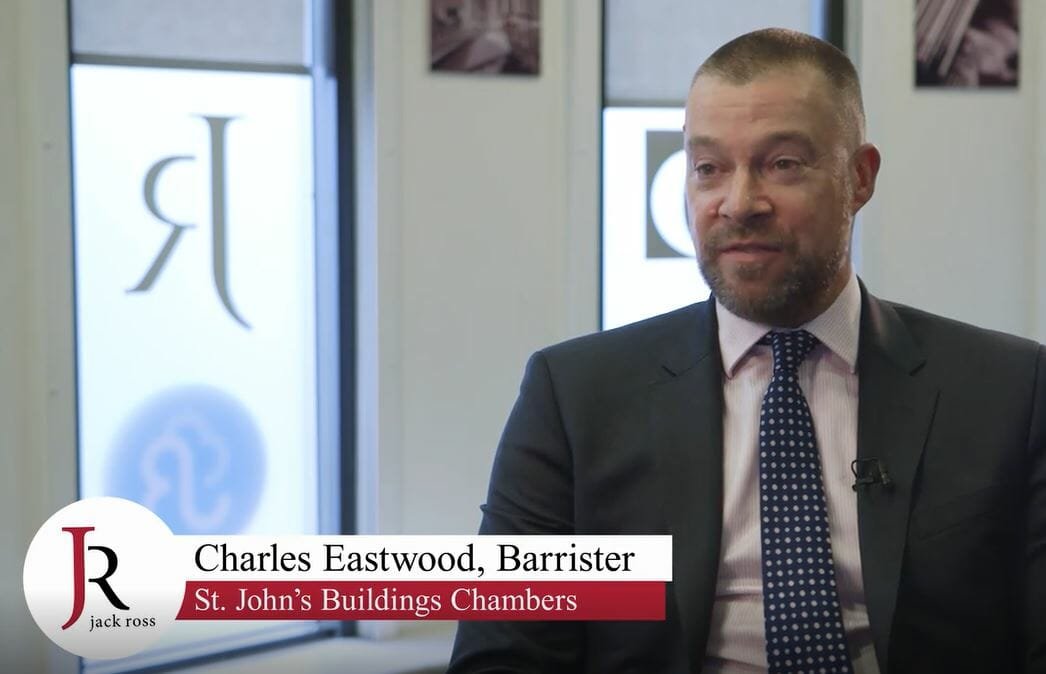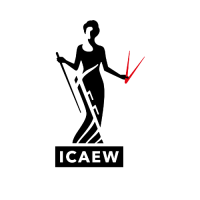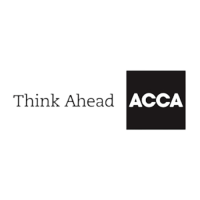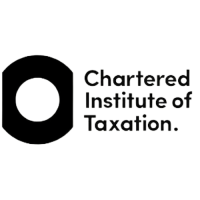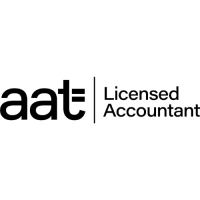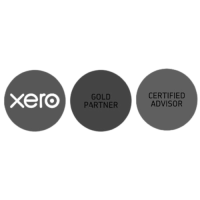Last updated: 21 February 2026
Understanding Tax for Self-Employed Barristers
Becoming a self-employed barrister brings a set of unique financial planning challenges, especially when dealing with HMRC and taxation. From income tax to VAT, tax liabilities can quickly add up if not managed efficiently. That is where a combination of effective financial planning and accountancy can make a significant difference.
The Importance of Engaging an Accountant – Jack Ross Can Help
Engaging an accountant can provide you with peace of mind and ensure your tax affairs are in order. They can guide you through the complexities of income and expenditure, helping you to identify tax deductible expenses and allowances that could reduce your tax liabilities. Founded in 1948, Jack Ross Chartered Accountants has decades of experience in dealing with the finances of the legal profession, making them experts in the field.
Cashflow: The Lifeblood of Your Chamber
Managing cashflow effectively is essential for any self-employed barrister. From chamber fees to professional subscriptions, the outgoings can be substantial. Financial planning helps you keep track of these expenditures and understand how they impact your overall business finances.
Key Tax Terms: Deductible, Allowance, and Turnover
- Deductible: An expense that can be subtracted from your income to reduce your taxable income. For barristers, common deductible expenses include travel costs incurred for court appearances and chamber fees.
- Allowance: Certain tax reliefs and allowances can be claimed to reduce your overall tax liabilities, such as the annual investment allowance for business equipment.
- Turnover: This refers to the total income generated by your practice. It is crucial for determining your VAT responsibilities and other tax-related obligations.
By understanding these key terms and keeping abreast of HMRC requirements, you set the foundation for effective tax planning and financial management.
Deductions and Allowances for Self-Employed Barristers
The Scope of Tax-Deductible Expenses
For self-employed barristers, understanding what is deductible is a crucial aspect of tax planning. Expenses incurred exclusively in the course of your trade as a barrister can generally be deducted in calculating your business profits. These may include:
- Chamber Fees: Standard for many barristers, these are a significant part of the operating costs.
- Travel Expenses: Costs incurred for commuting from home to chambers, court, and visiting clients can be deductible.
- Professional Subscriptions: Fees paid to legal organisations or publications can also be claimed.
- Equipment: If you purchase equipment for business use, you can claim the annual investment allowance.
Maximising Allowances: The Pension Route
Pensions offer another avenue for tax-efficient financial planning. Contributions to a pension scheme can often be deducted from your income, reducing your overall taxation. Given the variable income levels that self-employed barristers can experience, pension contributions also serve as a form of long-term financial planning.
The Role of an Accountant in Deductions and Allowances
An accountancy firm like Jack Ross Chartered Accountants can play a pivotal role in identifying which expenses are allowable as a deduction. They can also guide you through the allowances available to self-employed barristers, ensuring you take full advantage of tax reliefs.
Understanding deductions and allowances sets the groundwork for savvy tax planning. As a self-employed barrister, keeping track of these can help you mitigate your tax liabilities and improve your cashflow.
VAT and Making Tax Digital for Self-Employed Barristers
Understanding VAT: A Crucial Element for Barristers
Value-added tax (VAT) is often a complex area for many self-employed barristers, especially when it comes to submitting VAT returns to HMRC. If your turnover exceeds the VAT threshold, registration for VAT becomes a legal requirement. Therefore, understanding VAT is an essential part of financial planning for barristers.
Making Tax Digital (MTD): The Digital Transformation of HMRC
In 2021, HMRC’s Making Tax Digital (MTD) programme was rolled out, changing the way self-employed barristers – and indeed, all sole practitioners – interact with HMRC. You are now required to maintain digital records and file VAT returns digitally if your turnover exceeds the VAT threshold. This is standard practice for barristers, ensuring that you are compliant with the latest tax legislation.
VAT Strategies: Cash Basis vs Accruals Basis
Self-employed barristers have the option to choose between two methods for VAT accounting: cash basis or accruals basis. The cash basis method is generally simpler and only accounts for VAT when it is actually paid or received. The accruals basis, on the other hand, accounts for VAT on the date an invoice is issued or received. Your choice between these two methods can have a significant impact on your cashflow and requires careful consideration.
Accountancy Software: A Must-Have in the Digital Age
Modern accountancy software can significantly ease the burden of VAT management. These tools not only help in maintaining digital records as per MTD requirements but also automate the process of filing VAT returns. Moreover, they can integrate seamlessly with your existing financial planning tools, making it easier to keep track of your business finances.
The Importance of Timely VAT Payments
Late VAT payments can result in penalties from HMRC. It is crucial to include VAT payments in your financial planning to avoid these additional costs. An accountant can help you set reminders or even automate these payments to ensure you never miss a deadline.
Peace of Mind: The Ultimate Goal
Financial planning is not just about saving tax; it is about achieving peace of mind. Knowing that you have put strategies in place to minimise your tax liabilities while maximising your savings gives you the freedom to focus on your practice. This is where an accountant can truly add value, by ensuring that every aspect of your financial planning is tailored to your specific needs as a self-employed barrister.
By focusing on both short-term tactics and long-term strategies, self-employed barristers can create a comprehensive financial plan that not only meets HMRC requirements but also sets the foundation for a secure financial future. Whether it is understanding the nuances of VAT, taking advantage of allowances, or planning for retirement, the objective is to make your money work for you.
Frequently Asked Questions
What are the key tax challenges for self-employed barristers?
Self-employed barristers face unique tax challenges, including managing income tax, VAT, and chamber fees. Effective financial planning and engaging a knowledgeable accountant can help navigate these complexities.
How can Making Tax Digital (MTD) affect a self-employed barrister’s financial planning?
Making Tax Digital (MTD) requires self-employed barristers to maintain digital records and submit VAT returns digitally. Adapting to MTD is crucial for compliance and can streamline financial planning.
What are the long-term financial planning strategies for self-employed barristers?
Long-term financial planning for self-employed barristers involves maximising tax-efficient investments like pensions, understanding capital gains tax, and taking advantage of allowances such as the Annual Investment Allowance (AIA).
